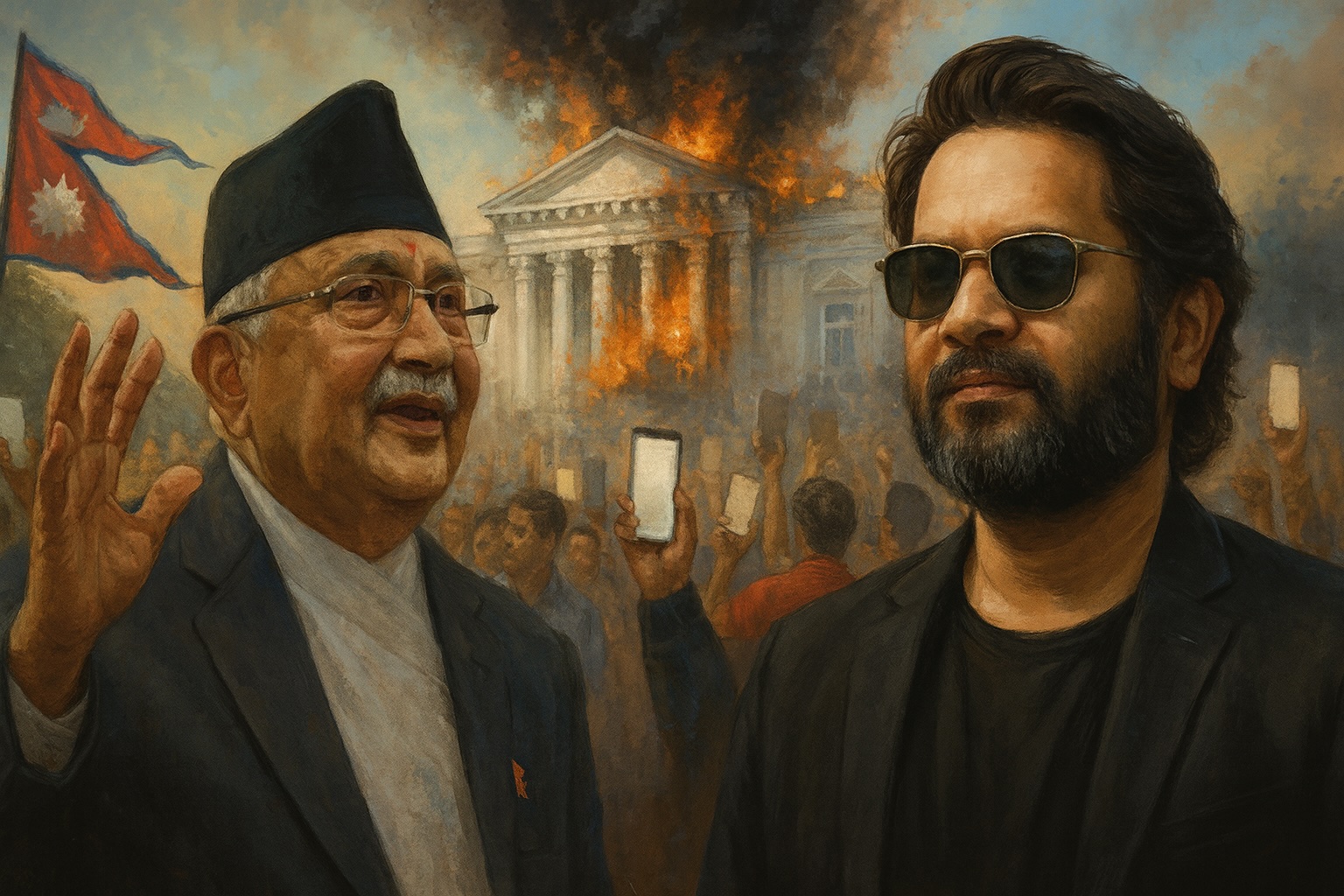Kathmandu Drowned in Death: Did Balen’s Facebook Post Push the Nation into Unrest?

Kathmandu’s Maitighar Square was tense from early morning. Thousands of young people—many skipping school and college—took to the streets, phones glowing in their hands, chanting “Enough is enough.” Just days earlier, the government had announced a sweeping ban on social media platforms, a move the youth condemned as an assault on free expression and a shield for corruption.
By afternoon, the protest turned deadly. Outside the Federal Parliament building in New Baneshwar, demonstrators clashed with security forces. Water cannons and rubber bullets failed to scatter the crowd. Then came harsher force. Ambulances shuttled nonstop between Kathmandu’s main hospitals—Trauma Center, Bir Hospital, and Civil Service Hospital. By evening, doctors confirmed the death toll had climbed to 17.
The Parliament complex itself was left damaged: windows smashed, parts of the structure broken. The session was suspended, a curfew imposed across the capital, and security presence thickened around key government sites.
The unrest came less than a day after Kathmandu Mayor Balen Shah posted a statement on social media: “Tomorrow’s rally belongs to Gen-Z… I may not be able to join because of my age, but I fully support it.” His words emboldened many young protesters, but now—amid bloodshed and destruction—questions are mounting: Did his message provoke the situation? And if so, will Balen Shah accept moral responsibility for the violent outcome?
The government has expressed condolences to the families of the dead, while Nepal’s Human Rights Commission condemned the use of force by security personnel as “disproportionate and deplorable.” Curfews have spread beyond Kathmandu to Pokhara, Itahari, Butwal, and Biratnagar as protests ripple nationwide.
As 17 bodies lie in Kathmandu’s hospitals, silent witnesses to a dark day, thousands of young people remain on the streets asking: Is this merely a flash of anger—or the beginning of a longer struggle to reshape Nepal’s future? And how will history judge Balen Shah’s role in planting the seeds of this movement?
Gen-Z
![From Kathmandu to the World: How Excel Students Are Winning Big [Admission Open]](https://nepalaaja.com/img/70194/medium/excel-college-info-eng-nep-2342.jpg)
